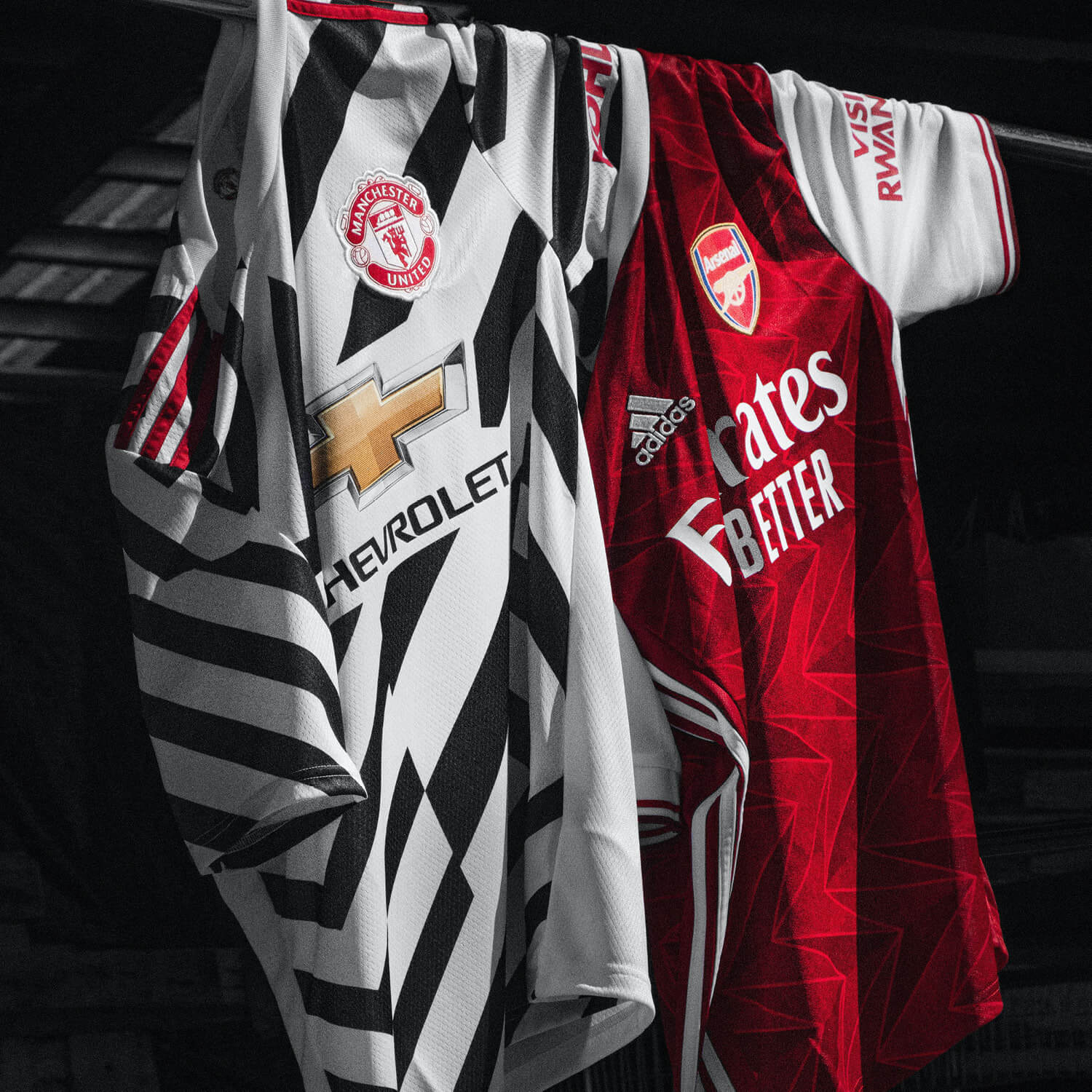Eyes on the prize: Fan competitions and promotions in focus
1st August 2023
With the new football season upon us, there’s arguably no better time for clubs to be running fan competitions and promotions as a means of engaging with their fan bases. The return of competitive fixtures, expanded content, new kit launches and tickets up for grabs, means fans’ eyes are consistently glued to their club’s (and even other clubs’) social media pages [1].

As social media platforms can be such competitive marketplaces, publishing content quickly is sometimes seen as more important than necessarily staying within the bounds of the UK’s advertising rules. In this article, Jake Phillips and Luke Jackson briefly address the balance which must be struck between these competing forces and offer some food for thought to consider before fan competitions and promotions go live.
The promotions framework
The Advertising Standards Authority (ASA) is the UK’s independent regulator of advertising across all media. It’s responsible for enforcing the Non-broadcast Advertising and Direct & Promotional Marketing Code (CAP Code), which relates to advertising via media such as internet, press, mail and telephone. Specifically, the rules in Section 8: Promotional Marketing apply to promotions.
Breach of the CAP Code may result in the ASA exercising its powers, such as:
- Working with social media companies to have non-compliant content removed from their platforms;
- Vetting some or all content pre-publication, until the ASA is satisfied that future communications will comply with the CAP Code;
- “Naming and shaming” – adding the name and details of the promoter with their advertising to a dedicated section of the ASA website until they comply;
- Asking search engines to remove paid-search ads; and
- For promotions which continue to appear after the ASA has ruled against them, the ASA can refer the matter to Trading Standards for action under the Consumer Protection from Unfair Trading Regulations 2008, or the Business Protection from Misleading Marketing Regulations 2008.
Such sanctions can be damaging from a reputational perspective; but disappointing fans can also harm an important revenue stream.
Fan competitions and promotions: Recommendations for staying competitive but compliant
The ASA makes it clear that promoters, and therefore clubs, are responsible for all stages of the promotion (Rule 8.1 of the CAP Code). Irrespective of the platform, promotions must be run fairly, and marketing communications for the promotion must not be misleading (Rule 8.2). As an overriding consideration, clubs should consider appraising their existing setup for running competitions with these rules in mind. More specifically, we make the following recommendations:
- Terms and conditions: An age-old consideration, but clear and unambiguous terms and conditions are vital to a promotion’s success. Drawing attention to significant conditions is key. Information which fans need to make an informed decision about whether to participate in a promotion or not will be considered significant. Although significant conditions may vary between promotions, Rule 8.17 of the CAP Code lists significant conditions which are likely to apply to all promotions, including how to participate, a closing date, any eligibility or availability restrictions, and the nature and number of prizes or gifts.
- Space or character restrictions: If restrictions make it impossible to include all the terms, those having a material bearing on whether a fan chooses to take part must be brought to their attention before they enter the competition or draw (Rule 8.18). Potential entrants can be directed to a different source for the remainder of the terms, such as the club’s website.
- Random selection: Prize draw winners must be selected randomly. Clubs must make sure that prizes are awarded in accordance with the laws of chance (Rule 8.24). Whether by using a computer process that produces verifiably random results, or an independent person, clubs must be able to demonstrate that the winner was chosen at random.
- Resources: Clubs must make sure resources are in place to account for all valid entries (Rule 8.14). Given sudden surges in demand/online traffic, this may be difficult for clubs with less resource to manage, so it’s important to consider the competition’s aims and reach before it begins.
- Purchases: Clubs must not encourage fans to make a purchase or series of purchases as a precondition to applying for promotional items, if the number of those items is limited (Rule 8.12).
- Disappointment: Clubs must deal fairly and honourably with fans and avoid causing unnecessary disappointment (Rule 8.2).
We understand the need to release content quickly, buy we also have experience in ensuring competitions and promotions are drafted clearly and effectively.
If you have any queries or need any advice in this area, please do not hesitate to contact Jake or Luke.
[1] Although based on several sports and not just football, according to Deloitte’s survey ‘Engaging sports fans year-round’, 65% of fans said they want some form of content or information at least monthly, even during the off-season.








